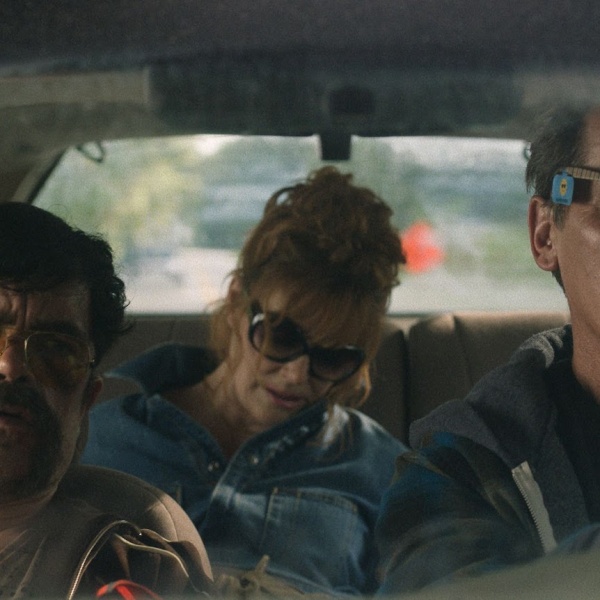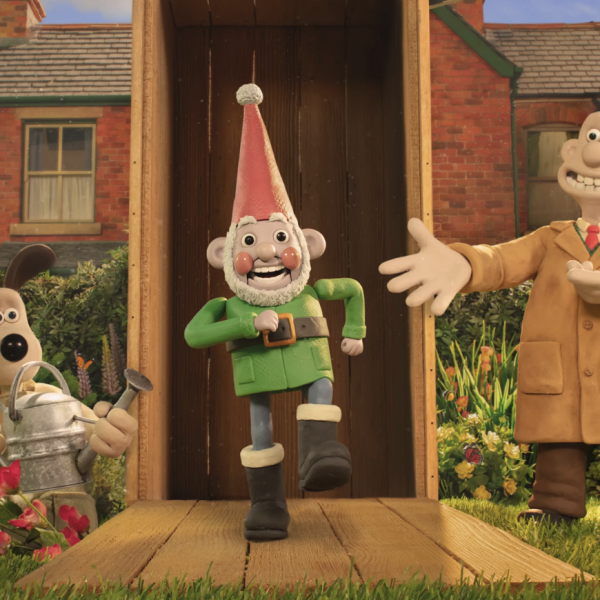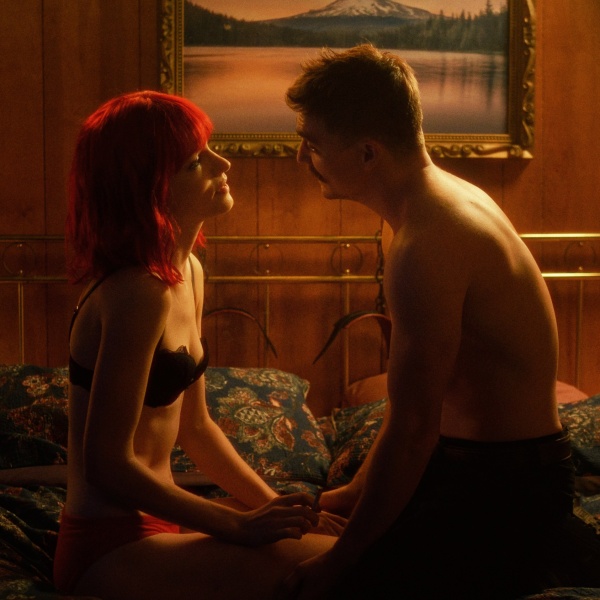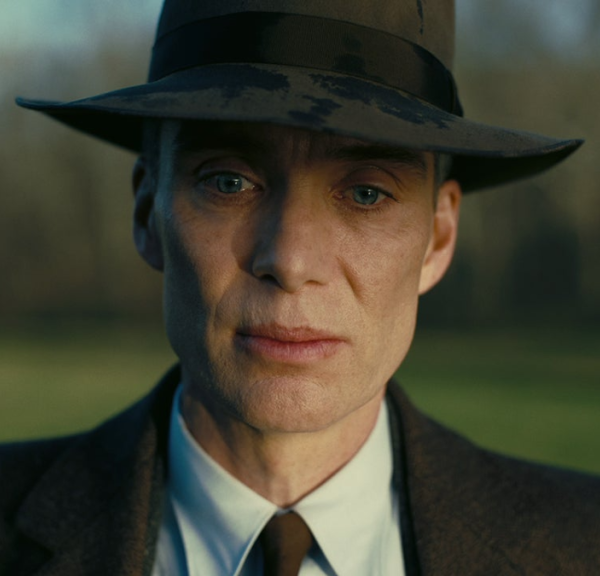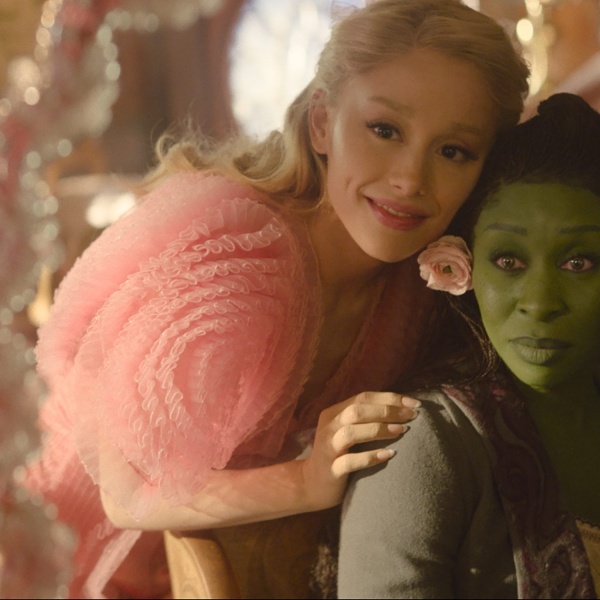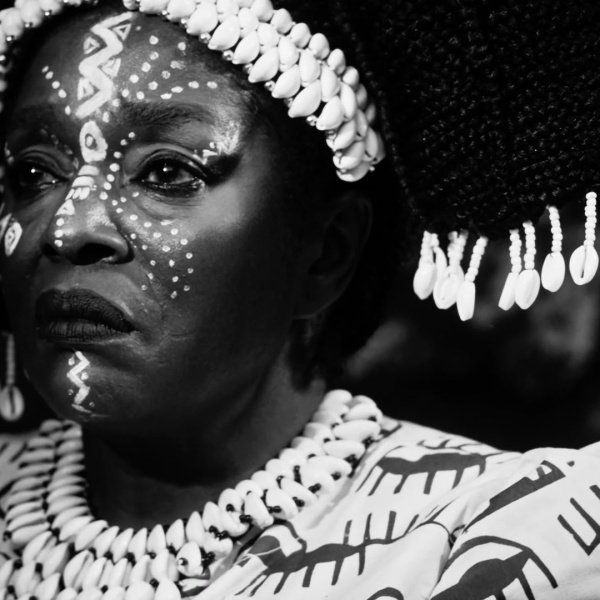Through the lens of 2024, “Dogfight” plays like a subtle, personal film you would expect from indie director Nancy Savoca (“Household Saints”), but that’s not what Warner Bros. thought they were making.
“They were thinking ‘Porky’s.’ They thought it was a comedy,” said director Nancy Savoca while on IndieWire’s Toolkit podcast to discuss “Dogfight,” which is entering the Criterion Collection on April 30.
At the end of the 1980s headed into the early ’90s, when Warners was developing Bob Comfort’s “Dogfight” screenplay, teen comedies were big business for the studios. Alongside the wild success of the classic slate of teen comedies John Hughes wrote, directed, or produced ( “Breakfast Club,” “Pretty in Pink”), the “Porky’s” trilogy came to define the sex comedies of the era. It’s through this lens the studio saw the dogfight competition in Comfort’s script: A group of young soldiers pick up the “ugliest” woman they can find, bring her to a bar, and without the women knowing it, there’s a jury of soldiers judging who brought the ugliest.
River Phoenix, at 19, was already a Hollywood star from films like “Stand by Me” and “Running on Empty,” and was attached to play Eddie Lovelace, the conflicted soldier who tries to get his dogfight date Rose (Lili Taylor) to go on a real date with him after she discovers the humiliating truth about why she was brought to the bar. In an unusual role reversal, it was the 19-year-old actor who interviewed the director, as his approval was required to get the gig, and the studio had already rolled through a handful of potential male directors.
“[River] was in Florida at the time I was up in the Bronx, and we talked for several hours on the phone, and it was just this great conversation,” said Savoca. “He really was talking about trying to explore different characters and push against the roles he’d been playing. He was very interested in playing someone who he couldn’t understand.”
The internal conflict Phoenix carried into this machismo soldier role, which he didn’t fully understand, captured what appealed to Savoca about Comfort’s original script, the screenwriter haunted by his own dogfight experiences as a young man serving in the military.
“That got me very excited because that meant that the discoveries he was going to make, I was going to be able to catch on film, so it was a very good, juicy conversation,” said Bronx native Savoca, who remembered how Phoenix ended the call. “He said, ‘By the way, your voice sounds just like my mom She’s from the Bronx too.’ I was like, ‘OK, I’m really in. I’m like his mom.’”
There were aspects of the original script that neither Savoca nor Phoenix fully understood or found believable, so he supported Savoca in building out the female role of Rose, making the film more of a two-hander.

“[Rose] was a catalyst. She basically was there so that he could have an awareness of what had just gone down,” said Savoca, who recalled how radically this changed after legendary casting director Marion Dougherty introduced her to actress Lili Taylor. “Once Lily was on board, I realized there’s a lot to learn. It was an exploration, a discovery every day of what this story could be and what we could dig into and find. It was basically building her character up so she could be as complex as him.”
Savoca said the discoveries she was able to capture with her camera as two young actors wandered the empty streets of San Francisco (most of the shoot was actually in Seattle, which had to sub in for the Bay City) was one of the biggest thrills she’s had as a director.
The rich subtleties of the performances resulted in many lines of dialogue and multiple script pages becoming superfluous and being left unfilmed. Hundreds of miles away from the studio, executives saw promising footage and strong performances in the dailies. According to Savoca, they remained happy with the project, possibly naively, until its first test screening at a shopping mall in Pasadena. Savoca remembered with dread knowing she was screwed before the projector even started: The front rows were lined with young men, who started to chant, “Dogfight, Dogfight, Dogfight.”
A studio executive came to comfort Savoca, who was in tears. They assumed she was naturally nervous. Savoca recalled replying, “‘It’s not nerves of Will they like it or not? We’re going to get killed.’” And the director was right — the test audience’s reaction cards were devastating.
“One of the things I think that John Hughes did very well, and ‘Porky’s’ did very well, is that it took away the awkwardness of that age and just made you feel like you’re cool at that age,” said Savoca. “And the fact is that we are sometimes cool at that age, and sometimes really awkward at that age. And ‘Dogfight’ is about that. So I feel like ‘Dogfight’ was a movie for people who were older to watch, looking back and when you’re able to say, ‘Yeah, that was tough,’ as opposed to being in the thick of it, that would be painful.”
In essence, the film Savoca had made was not for the young market at the test screenings, and that Warners intended to reach. The studio believed the problem could be solved by making the ending less ambiguous, supplying a clearer resolution for the conflicted characters.
“I said, ‘I can’t, I don’t know how to,’” Savoca recalled saying in response to the studio’s request she rewrite and reshoot the ending. “They hired me. It wasn’t my idea. They could do it [rewrite and reshoot the ending], and I said, ‘As long as my name gets off it. Please take my name off [the film].’”
The director recalled the painful last few days aimlessly tinkering away on the film with editor John Tintori, knowing the studio was in the process of revamping her movie, but being out of the loop of those plans.
“And next thing I know, River calls me, and he goes, ‘Are you going to be there?’” said Savoca, who remembers the fateful call like it was yesterday. “And I said, ‘Where?’ And he goes, ‘Well, we’re doing a shoot next week.’ And I said, ‘No, I didn’t know about it.’ And he goes, ‘Oh, OK, I’m not going.’”
The now-20-year-old star refused to participate in the reshoots when he learned Savoca hadn’t written the new pages and that she wouldn’t be there to direct. Savoca remains in awe of how gutsy the young actor was in standing up to the studio.
“He totally supported me,” said Savoca. “I am incredibly indebted to him. If he would’ve gone, I would not have that film, I wouldn’t have made that film.”
“Dogfight” enters the Criterion Collection on April 30 with a new restored Blu-ray edition.

